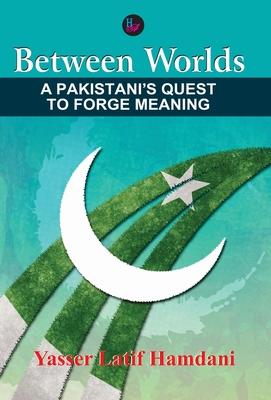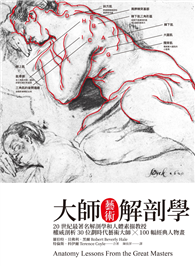It is a tough job being a Pakistani in 2015. The country is known globally for all the wrong reasons. From terrorism, religious extremism to political instability, Pakistan has been called the most dangerous country in the world. In this supposedly most dangerous country exist people who have aspirations and hopes that are not that dissimilar to the rest of the world. More importantly most of us do not conflate our identity with being anti-Indian. India is Pakistan’s near abroad and the home of Bollywood which most Pakistanis are hooked on to. Through the book, the author attempts to forge meaning of the events around us. No reasonable person can deny that there is a lot with Pakistan today. Unlike India, Pakistan constitutionally discriminates against its minorities. This the author argues is at variance to the vision that Mohammad Ali Jinnah had for Pakistan. Jinnah’s vision of Pakistan was an inclusive and democratic state; a Muslim majority version of India. Pakistan has strayed far from that original pluralistic vision. In the case of Ahmadis, who ironically had been the most enthusiastic supporters of the Pakistan idea, the constitutional discrimination has taken an ugly turn. Their very rights as citizens have brought under a question mark. This is the result of appeasement by Pakistan’s ruling elites, who have allowed extremist groups, militant and otherwise, grab hold of the narrative and define Pakistan and indeed Pakistani at narrowly.
| FindBook |
有 1 項符合
Between Worlds的圖書 |
 |
Between Worlds 作者:Hamdani 出版社:Har-Anand Publications Pvt Ltd 出版日期:2016-01-01 語言:英文 規格:精裝 / 152頁 / 21.59 x 13.97 x 1.27 cm / 普通級/ 初版 |
| 圖書館借閱 |
| 國家圖書館 | 全國圖書書目資訊網 | 國立公共資訊圖書館 | 電子書服務平台 | MetaCat 跨館整合查詢 |
| 臺北市立圖書館 | 新北市立圖書館 | 基隆市公共圖書館 | 桃園市立圖書館 | 新竹縣公共圖書館 |
| 苗栗縣立圖書館 | 臺中市立圖書館 | 彰化縣公共圖書館 | 南投縣文化局 | 雲林縣公共圖書館 |
| 嘉義縣圖書館 | 臺南市立圖書館 | 高雄市立圖書館 | 屏東縣公共圖書館 | 宜蘭縣公共圖書館 |
| 花蓮縣文化局 | 臺東縣文化處 |
|
|
圖書介紹 - 資料來源:博客來 評分:
圖書名稱:Between Worlds
|











